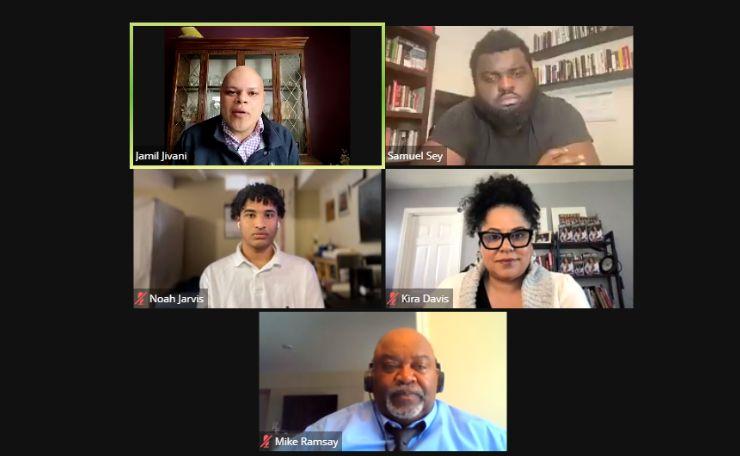A panel of five black conservatives spoke against critical race theory (CRT), which they say has seeped into Canadian classrooms and pervades many of the nation’s institutions. While CRT proponents say they are combating racism, the panelists say they are actually promoting a different kind of racism and creating division.
“This stuff matters to people in the minority communities that these theories are claiming to speak on behalf of,” said Jamil Jivani, president of Canada Strong and Free, the non-profit conservative group that hosted the discussion on Feb. 21.





